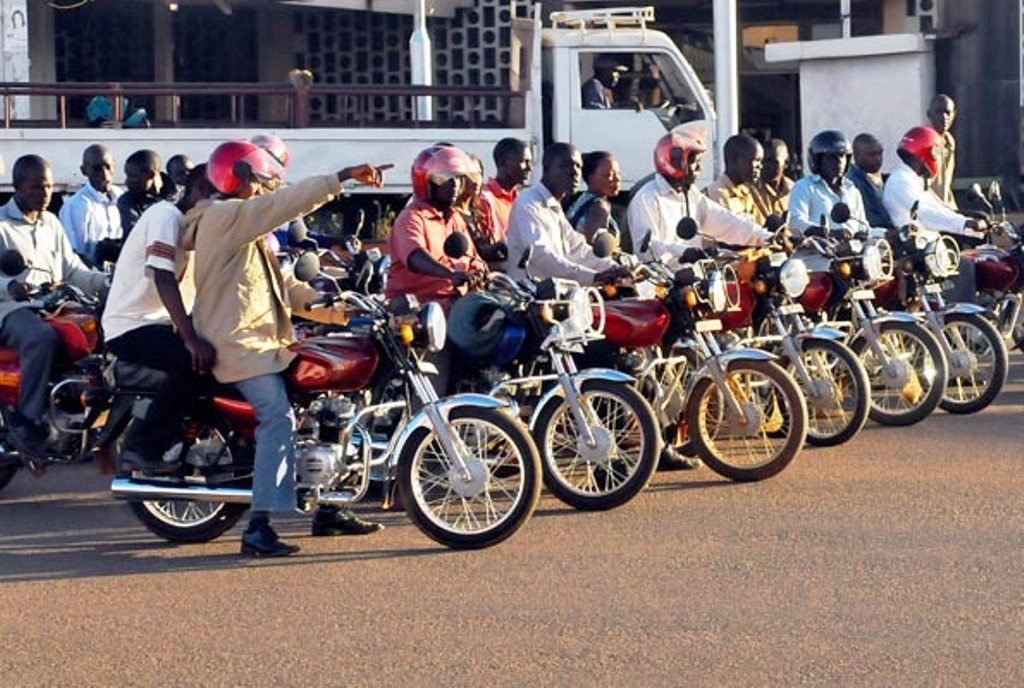UK firms ‘overcharging for cash transfers to Africa’

Western Union in particular is one of the most famous means by which locals in Tanzania receive their money from abroad. It has branches in at least ten regions in the Mainland and one in Zanzibar.PHOTO|FILE
What you need to know:
The Guardian Unlimited, an online edition of the UK’s Guardian newspaper, records the latest World Bank figures showing remittances from foreign workers are expected to be $436bn this year. ODI says the cost of sending money back to Africa was far higher than the global average.
Dar es Salaam. British money transfer companies -- Western Union and Moneygram -- have been accused of charging clients too much for remittances to Africa and now the UK government’s consumer watchdog wants their conduct investigated.
The allegation comes amid reports that the excessive charges have resulted into the loss of about $1.8bn a year to the receiving continent from money sent home by workers in the rest of the world, according to the UK’s leading international development think-tank, Overseas Development Institute (ODI).
The ODI director Kevin Watkins told the media the $1.8bn lost through the super tax could put 14 million children in school, deliver clean water to 21 million and sanitation to 8 million people, adding, “the virtual duopoly operated by Western Union and Moneygram in Africa was stifling competition.”
Western Union in particular is one of the most famous means by which locals in Tanzania receive their money from abroad. It has branches in at least ten regions in the Mainland and one in Zanzibar.
The Guardian Unlimited, an online edition of the UK’s Guardian newspaper, records the latest World Bank figures showing remittances from foreign workers are expected to be $436bn this year. ODI says the cost of sending money back to Africa was far higher than the global average.
“Migrants sending $200 home can expect to pay 12 per cent in charges, which is almost double the global average. While the governments of the G8 and the G20 have pledged to reduce charges to five per cent, there is no evidence of any decline in the fees incurred by Africa’s Diaspora. There is no justification for the high charges incurred by African migrants,” the Guardian quotes ODI.
However, a spokesman for Moneygram trashed ODI’s report, saying the organisation “got its figures wrong. We don’t recognise those numbers at all. There is no Africa premium.”
He told the Guardian, Moneygram was offering a competitive service for people shunned by high street banks and that someone sending £200 from the UK to Africa would pay a charge of 5.1 per cent, including foreign exchange fees, against a global average of 4.9 per cent.”




